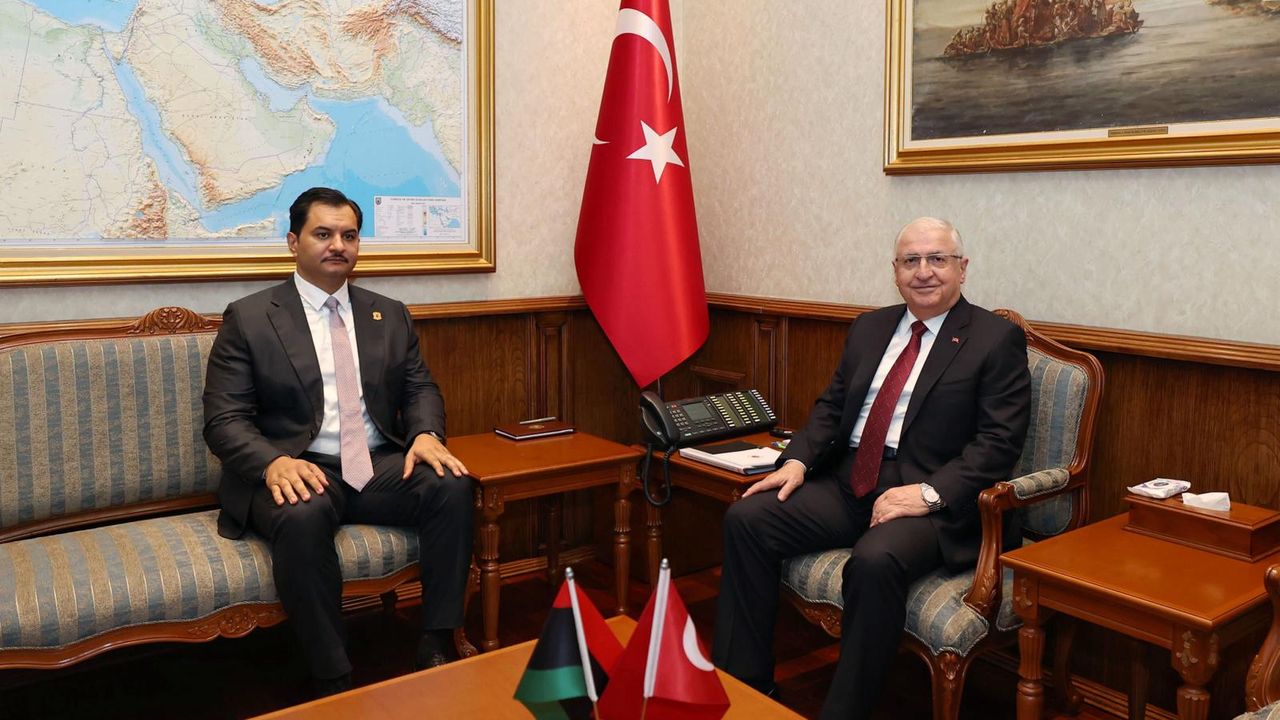Tunisia’s democracy faces breaking point

The future of Tunisian democracy hangs in the balance after former Prime Minister Ali Laarayedh was sentenced to 34 years in prison on the 2nd of May, a decision many critics label as President Kais Saied’s most direct attack on democracy.
This damage to civil liberty has been widely expressed through the “conspiracy trials” which have taken place within the country involving high-profile figures, politicians, journalists and lawyers who have been arrested and accused of “conspiring against the state.”
Tunisia was the figurehead of democracy after the Arab Spring. Yet, it appears that this has been reversed under the current president, Kais Saied, who staged a self-coup on July 25, 2021.
Now, four years later, Saied has escalated his repression of democracy and the suppression of political opponents. His preferred tactic of arbitrary detention has led to the imprisonment of Laarayedh, which symbolically represents the loss of the freedom that emerged after the 2011 revolution.
“There has certainly been an escalation in repression in 2025, with a slew of sham trials sentencing political prisoners to decades in prison on trumped-up charges,” Sharan Grewal, Assistant Professor at American University, told Maghrebi in an exclusive interview.
This tactic of arbitrary detention has been reported by Human Rights Watch as a “cornerstone of its repressive policy” as the government of Saied looks to shut down opposition with arrests and detention, which Volker Turk, the UN’s High Commissioner for Human Rights believes are “marred by violations of fair trial and due process rights.”
Speaking on why Saied has chosen the route of repression, which has escalated in 2025, Grewal explained, “After Kais Saied’s self-coup in 2021, repression helped him to consolidate power.”
This consolidation of power, according to many critics, represents a systematic dismantling of Tunisia’s democratic institutions. Laarayedh’s imprisonment—a former leader who helped build those very institutions—serves as both a symbol and a final assault on what remains of Tunisia’s democratic experiment.
Despite this, the Tunisian people have not given up on the democracy they earned by expelling Zine al-Abidine Ben Ali.
Anti-Saied demonstrations have been sparked across Tunisia in the face of the repressive Saied regime. On the 1st of May, chants by protesters were heard screaming “The people want the fall of the regime” in the street, Habib Bourguiba Avenue.
Yet Saied still has his followers in the face of these actions as counter protesters in support of the president responded by shouting “No to foreign interference” and “The people want Saied again.”
Whilst these trials and the imprisonment of ex-prime minister Ali Laarayedh may seem like the final nail in the coffin to Tunisian democracy, Professor Grewal made the point that Tunisian democracy may just survive.
“Repression is a double-edged sword. If repression goes too far, and starts to be perceived as pure authoritarianism, it can delegitimise a regime and produce mass resistance to it.”
The imprisonment of an ex-prime minister may have been Saied expanding his repression too far and “might serve as that spark that unites the opposition and helps build a stronger, pro-democracy movement.”
Just like in the Arab Spring, when authoritarianism is pushed, and pushed and pushed, eventually the people will fight back. In the case of Tunisia, the imprisonment of Ali Laarayedh may just break democracy, or it may just make it.
Maghrebi.org/Human Rights Watch/Sharan Grewal
Want to chase the pulse of North Africa?
Subscribe to receive our FREE weekly PDF magazine














